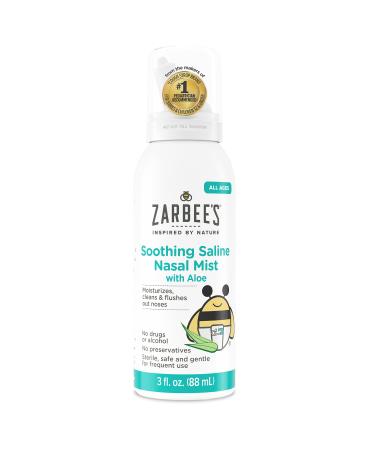Spices and herbs are defined as plant derived substances that add flavor to any dish. It is difficult to distinguish between the two. Spices can come from the following plant parts: roots, rhizomes, stems, leaves, bark, flowers, fruits, and seeds. Herbs are typically thought of as non-woody plants. Cajun: A vibrant mix of paprika, fennel, basil, garlic, onion, chili, cumin, and mustard, offering a spicy, peppery, and savory punch. Berbere: Fiery and aromatic with chili, clove, cumin, coriander, fenugreek, allspice, ginger, cardamom, and nutmeg, ideal for bringing heat and depth to African and Middle Eastern dishes. Thai: A symphony of lemongrass, galangal, kaffir lime leaves, ginger, turmeric, and coriander, perfect for infusing your food with bright citrusy and earthy notes. re you craving something warm and comforting? Spicy and adventurous? Bright and zesty? The more you tell me, the better I can tailor the description.If you haven't chosen a specific blend, perhaps you're craving certain notes. Tell me if you're looking for something spicy, smoky, citrusy, herbal, or something else entirely. This helps me paint a broader picture of what Bart seasonings can offer. As you mentioned, Bart offers a whole pantry of seasonings. Do you have a specific one in mind like Cajun, Thai, or Moroccan? Knowing the blend will let me pinpoint its unique taste fingerprint. Hot seasonings: peppercorns, ground or coarsely chopped pepper, paprika, curry, cayenne, and mixed pepper spices. Acid seasonings: vinegar (sodium acetate), lemon juice, orange juices. Saline seasonings: salt, spiced salt.













